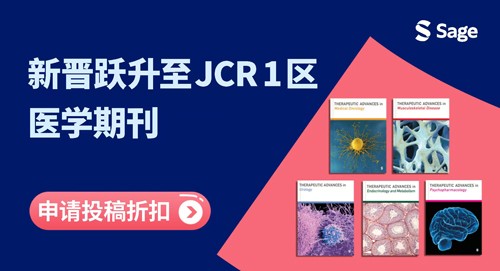Educational Psychology Review ( IF 8.8 ) Pub Date : 2025-03-08 , DOI: 10.1007/s10648-025-10001-x Li-Ping Tan , Shao-Ying Gong , Yu-Jie Wang , Xiao-Rong Guo , Xi-Zheng Xu , Yan-Qing Wang
Self-explanation serves as a constructive learning scaffold in education, actively engaging learners in the identification of knowledge gaps and the rectification of erroneous mental models. This study aimed to examine the effects of self-explanation on students’ academic performance in digital learning environments and to test the possible moderating factors in this association. We focused on two issues: (a) the effectiveness of self-explanation on academic performance; (b) moderating factors (learners’ characteristics, learning environment characteristics, inducement characteristics, and learning material characteristics) associated with different studies that may have resulted in the inconsistent findings. Based on 204 effect sizes extracted from 56 studies, we found that, compared with no self-explanation conditions, self-explanation had at least a medium effect (total: k = 204, g = 0.46; retention: k = 56, g = 0.31; transfer: k = 77, g = 0.33; mixed: k = 71, g = 0.60; immediate: k = 158, g = 0.45; delayed: k = 46, g = 0.35) in enhancing academic performance. Furthermore, moderator analysis found that studies conducted in learner-centered pacing learning environments showed larger effect sizes of self-explanation on academic performance than those conducted in system-centered pacing learning environments. Self-explanation was also more effective in concept knowledge and mixed knowledge compared to procedural knowledge. In general, this meta-analysis provided confidence in utilizing self-explanation and offered evidence-based recommendations for providing self-explanation in digital learning environments. We concluded with issues for future research, such as the necessity for additional studies on the quality of self-explanation and the establishment of standardization criteria for evaluating its quality.
中文翻译:

通过在数字学习环境 (DLE) 中的自我解释提高学习成绩:三级荟萃分析
自我解释在教育中起到建设性的学习脚手架的作用,让学习者积极参与识别知识差距和纠正错误的心智模型。本研究旨在检验自我解释对学生在数字学习环境中学习成绩的影响,并检验这种关联中可能的调节因素。我们关注两个问题:(a) 自我解释对学习成绩的有效性;(b) 与不同研究相关的调节因素(学习者特征、学习环境特征、诱发特征和学习材料特征),这些因素可能导致结果不一致。根据从 56 项研究中提取的 204 个效应大小,我们发现,与没有自我解释条件相比,自我解释至少具有中等效应(总计:k = 204,g = 0.46 ;保留:k = 56,g = 0.31 ;转移:k = 77,g = 0.33 ;混合:k = 71,g = 0.60 ;立即:k = 158,g = 0.45;延迟 :k = 46,g = 0.35) 在提高学习成绩方面。此外,主持人分析发现,在以学习者为中心的节奏学习环境中进行的研究显示,与在以系统为中心的节奏学习环境中进行的研究相比,自我解释对学习成绩的影响更大。与程序知识相比,自我解释在概念知识和混合知识中也更有效。总的来说,这项荟萃分析为利用自我解释提供了信心,并为在数字学习环境中提供自我解释提供了基于证据的建议。 我们总结了未来研究的问题,例如对自我解释的质量进行额外研究的必要性以及建立评估其质量的标准化标准。






























































 京公网安备 11010802027423号
京公网安备 11010802027423号